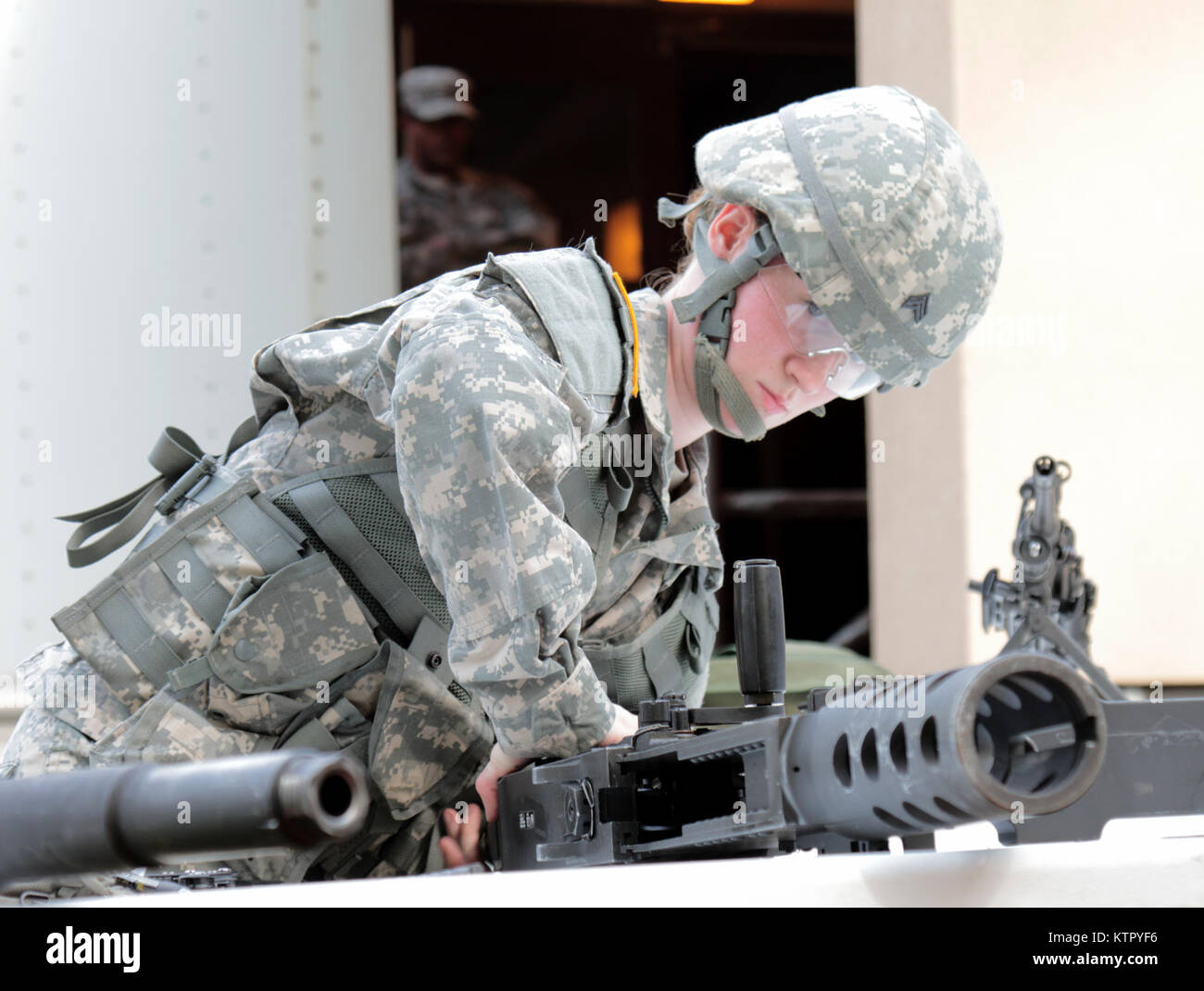

The other thing to consider about flying is you are much more restricted medically. My longest flight was a little over 19 hours and that is just the time spent on the jet and doesn't take into account pre and post mission duties. You can also have some extremely long work days. If you are a flyer there are more training requirements you have to accomplish in order to do your job since it involves getting on an aircraft. The good and bad of being an airborne linguist is you can spend a lot of your time deploying depending upon your language and where you get stationed. I spent about 18 years of my career flying and I loved it. I retired 4 years ago to give you a reference point. "Doesn't matter where your serving they'll take you in.Former 1A8X1 here that started off her career as a ground linguist. "That's one thing you will get from the Air Force you're part of a bigger family," Jason said. Now that they are retired, Jason plans to return to the Air Force as a civilian doing the same job at Fort Gordon, Ga., while Jared plans to finish up his education degree and work for Department of Defense school systems in the Pacific. "We made sure that they were prepared and knew what they were getting into," Jason added. "I loved being able to teach them about the job and tell them about my experiences in the Air Force and working along my brother and even fooling him a bit too."

"I enjoyed being an instructor," Jared said. "We shared a lot of notes," Jason said with a laugh.ĭuring their enlistments, the duo worked together at Goodfellow Air Force Base, Texas, as instructors teaching the incoming members of the career field. "Being an airborne linguist, I personally didn't like to fly that much and getting over air sickness was a big challenge for me, but it was beneficial in the end," Jared said.ĭespite the many challenges, both brothers worked off each other's strengths, weaknesses and experiences. Air Force Reserve and after retiring, he worked as a civil service member working on the F-16 Fighting Falcon so we knew which service we would join," Jason said.Īs staying proficient and current on their different languages was important, it created some challenging aspects of the job. "We joined to serve our father was a part of the U.S. Though his brother's encouragement helped, Jason said joining the Air Force was already on his mind. "After a year in I talked him into joining I told him some of the things I was doing and thought it would be a good fit," Jared said. He would also go on to play a role in getting his younger brother, Jason, to enlist, welcoming him into the world of a linguist. Jared enlisted in the Air Force in August 1992 as a Hebrew cryptologic linguist analyst, and would later go on to also learn Chinese Mandarin. "We both learned Japanese through missions with our church and I decided I wanted to become a linguist in the Air Force," Jared said. They also shared the same career field as cryptologic linguist analysts. Retiring with a combined 41 years of service, the brothers shared more than just the same birthday. "I extended an extra year at Kadena for my children's schooling and called my brother one day and found out he would be retiring around the same time I would," Jared said. The two brothers said it was completely random on the decision of retiring together. Jared Tuckett, 390th Intelligence Squadron formal training section chief. Jason Tuckett, 3rd Intelligence Squadron mission management superintendent, made the more than 7,500-mile long trip with family to Okinawa, Japan, from the states to retire alongside his brother, Master Sgt. KADENA AIR BASE, Japan - Identical twin brothers Jared and Jason Tuckett retired from the Air Force June 10 on Torii Station, Japan.


 0 kommentar(er)
0 kommentar(er)
